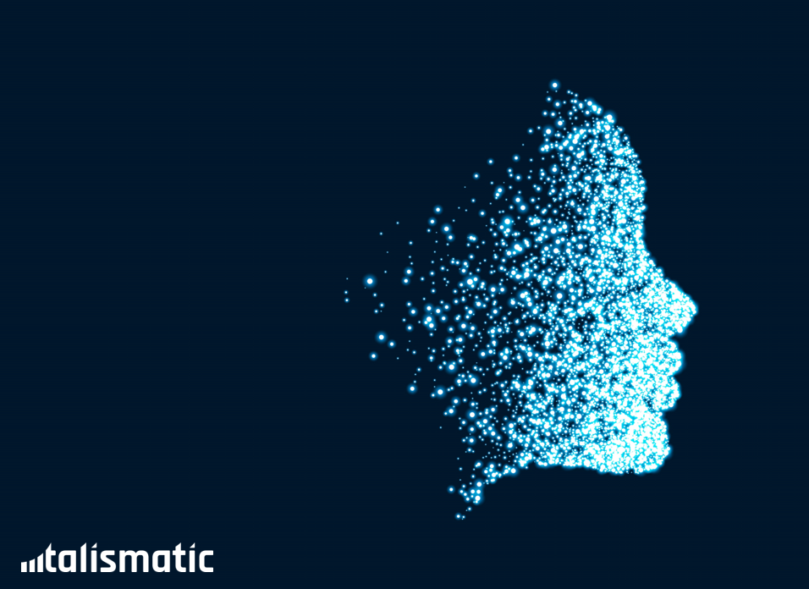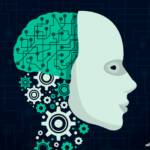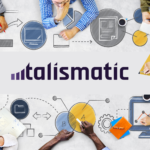Technology and diversity will be the underlying theme for recruitment in 2018 and the near future. While diversity in the candidate pool and their skill sets will add value to an organization, adoption of state-of-the-art technology will take organizations ahead of the curve. In fact, technology, in a big way, will be instrumental in a company’s potential to tackle and leverage the diversity of candidate pool – Artificial Intelligence recruitment is the latest combination taking us closer to that goal. Like several other industries that have experienced massive reconditioning with artificial intelligence, it’s now time for recruitment to prepare for its fair share of changes as well. Artificial Intelligence in recruitment entails the usage of software, tools, and algorithms towards more informed and qualitatively improved hiring decisions and outcomes.
What comes with artificial intelligence recruitment?
If your answer is “automation,” you’re right. But if you say, “only automation,” then you’re highly mistaken! Automation is the most obvious result of implementing technology anyway, but with artificial intelligence in recruitment, you’re in for bigger surprises. Here are some of the many benefits you can expect to accrue from artificial intelligence in recruitment.
An ‘intelligent’ candidate search
If you thought ATS was a breakthrough in recruitment, then the impact of integrating artificial intelligence with your existing ATS will altogether redefine the process of candidate search for you. Going beyond the keyword and Boolean mappings of ATS, artificial intelligence scours a candidate’s digital footprints from social media platforms and online work profiles. A recruiter, therefore, gets a more enriched candidate profile to base his hiring decisions upon. ‘Intelligent’ recruitment tools like Talismatic give you the ability to:
- Get a city-wise map of talent density
- Identify movement patterns of talent across the U.S.
- Identify and engage passive candidates from competing companies
- Recognize universities training students in skills that fulfill your requirements
A lot of time to strategize
The ineluctable automation that follows artificial intelligence recruitment allows recruiters to focus on more strategic and meaningful tasks, avoiding mundane admin tasks completely. Instead of spending time screening through a gazillion applications, you’d rather be spending time realigning your hiring goals with your organization’s larger vision. All those questions, that current employees and potential candidates approach the HR personnel with, can easily be answered by chatbots in a timely and satisfactory fashion. The low-level administrative tasks can thus be replaced with advisory and proactive HR initiatives.
A bird’s eye view
Up until now, all your hiring strategies have been carved out of the past recruitment data lying with your organization. But the stark competition in the job market calls for a holistic view of:
- Market trends
- Industry standards
- Competitor strategies
Artificial intelligence recruitment combines all of these and more to give you a bird’s eye view of your recruitment activities. For instance, tools like Talismatic give you insights on positions your competitors are hiring for. Such insights propel you beyond an inward-looking strategy towards a more value-driven approach.
How do you benefit from artificial intelligence recruitment?
With machine learning, sentiment analysis, and natural language processing in its arsenal, artificial intelligence recruitment has something for all stakeholders associated with recruitment. We’ll all agree that although hiring is primarily HR’s prerogative, hiring quality seeps through many other areas of business as well.
Corporate enterprises
Admit it or not, but the quality of hiring decisions has maximum bearing on the performance of the hiring organization. Be it large corporate companies or mid-sized enterprises, the relationship between workforce merit and organizational growth is direct, to say the least.
The arrival of new-age technologies like artificial intelligence in recruitment will, among other things, prove to be a catalyst in:
- Fostering dynamic interaction among variables
- Creating the demand for new labor type
- Generating demand for professionals who understand AI
- Leading to a rise in wage demand for niche skill sets
- Bringing about a mix of various sectors
- Raising overall productivity
Top-level management in organizations must, therefore, focus on creating a conducive environment, regarding policies, infrastructure, and any other support that helps employ artificial intelligence for recruitment in their business.
HR managers and professionals
Considering the huge opportunities that artificial intelligence recruitment offers, there’s not much that needs to be said on the benefits that will flow towards HR personnel, since they are most closely involved in the recruitment process. For recruiters and hiring managers, artificial intelligence would mean:
- Avoiding unconscious bias during recruitment
- Building better relationships with candidates and peers
- Shifting from admin to strategic tasks
- Acting upon actionable insights and not intuition
With tools like Talismatic by their side, recruiters will be leveraging artificial intelligence to:
- Plan for contingencies
- Understand recruitment dynamics
- Differentiate hiring strategies
- Analyze market trends
- Extend beyond single industry to discover candidates
- Achieve faster acquisition through the power of data
Staffing agencies
The game will surely get a little harsh for staffing agencies as ‘intelligent’ tools and software become available to in-house recruiters. Staffing agencies may be seen feeling the heat as they compete with a situation where artificial intelligence becomes a part of regular hiring endeavors by most recruiters. Given all this, the way out for staffing agencies lies in:
- Picking recruitment tools that offer competitive advantage
- Offering exclusive services like candidate spotting, competitive analysis, and geo-intelligence
- Combining features like organizational branding and personalization with core hiring services for clients
Tools like Talismatic can be a significant first step in the direction of leveraging artificial intelligence in recruitment. So, become a pioneer and unfold the potential of artificial intelligence today!




